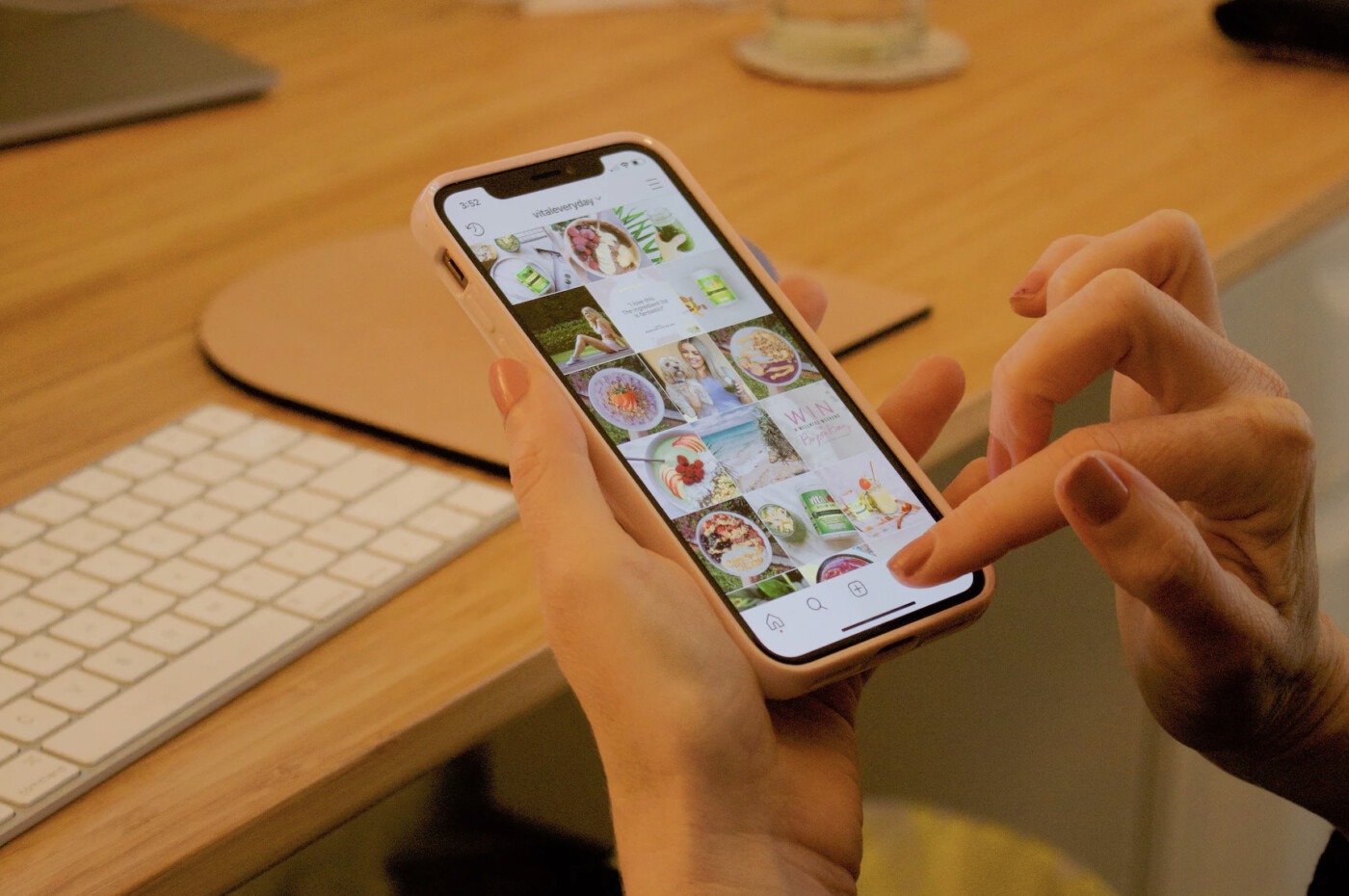Can Instagram really be toxic?
I’ll admit it, the first thing I do when I wake up is to check my phone. I click on every app and check what I miraculously missed when I was asleep. The app that I find myself wanting to check the most is Instagram.
Instagram for many is the number one social media app. It’s a place where you share all your joyous moments and see others as well. It’s a place to post the memories you do not want to forget for you to look back on. For many like myself, I see Instagram almost like a personal diary, that everyone that follows me also sees. But Instagram is also heavily focused on influence and with an emphasis on “likes” and “followers”, it promotes the societal beauty standards we try to escape.
Instagram recently has become a marketing tool for products, but also for people as well. The emphasis on its level of ‘influence’ has made me question how toxic Instagram really can be, especially with Instagram influencers using the app to generate profit and promote certain lifestyles or products.
Is Instagram a toxic app? Has Instagram helped promote unattainable beauty standards? Has it led to lower self-esteem and feelings of missing out?
There is no doubt that Instagram impacts your self-esteem. Constantly having someone’s best memories displayed on your screen for you to check leads to involuntary comparison. These thoughts turn into comparison, and comparison turns into lower self-esteem. The problem is we forget that people display their best moments on Instagram.
For example, the trendy “Term Recaps” and “Term time Photo dumps” are pretty common posts on Instagram for university students. They almost always have all the events and gatherings that people have attended for that specific time frame. In that same recap, you wouldn’t find a single picture of them crying or stressing over a summative essay, which has most likely happened to all of us at some point. That’s because Instagram is not reality. It’s a utopian version of it. It’s what we want people to see.
We know these post dumps that people upload are just the best parts of their university experience, but we somehow forget and internalise feelings of guilt for not having lived the same type of experiences as them. We very often forget that, which can be part of the problem.
It regenerates feelings of low self-esteem, and even subconsciously makes us want to seek approval from people online.
Instagram enables lower self-esteem and comparison to not just people’s memories, but their physical appearance as well. Not only is Instagram flooded with people’s best moments, it’s also flooded with pictures of times when people looked their best. Whether it is a good skin day – which is rare for me – or an outfit that made your waist just that little bit smaller, you guessed it, it’s going on the gram. Posts that are strictly about someone’s physical appearance are, in a way, a form of self-promotion.
These pictures act like a little reminder for people of how good someone else looks. It goes unnoticed, and people who post them, the majority of the time, do not necessarily have bad intentions and don’t realise the impact they can be making. This is the cycle that we, as Instagram users in today’s society, get caught in. It regenerates feelings of low self-esteem, and even subconsciously makes us want to seek approval from people online.
It is our job as users to control how much it impacts our lives in the long run.
Instagram has also been the number one tool for promoting unattainable beauty standards, which reinforces the harms of diet culture. Some of the biggest celebrities, e.g. Kim Kardashian, have used Instagram to promote products that provide a ‘quick fix’ for presumed insecurity. Products including low-calorie teas and low-calorie snacks that claim to decrease your appetite have been widely promoted on Instagram. These are just some of the thousands of products promoted on Instagram every single day. This, in a way, has made Instagram transform from a relatively peaceful app, to one that is flooded with advertisements promoting harmful products that younger audiences think they should purchase.
However, one can say that we control how toxic Instagram can be, something I do actually believe. Given all these side effects of using Instagram, does one just throw it out the door and delete it completely? Some may argue yes for the sake of sanity and peace of mind, but I think there could be a better solution. One that involves controlling the type of content you consume.
Technically you can stop yourself from going on the app too much. I think a digital detox is always a good idea. I have never seen anyone who has gone on a digital detox regret it. Knowing that the app is flawed, filled with a toxic and negative mentality and unrealistic pictures, putting effort into not letting it consume you is key. Either way, there is no denying that Instagram is a place that can project certain ideas and body images, however it is our job as users to control how much it impacts our lives in the long run.

Comments (1)
Im agree with you. im trying hard to increase my followers but it stucked on 790 . two new followers i found,three i lost .this happened everyday . Then you see others got promoted by big organizations and every single day got 1000 followers . this platform is 100% Toxic .